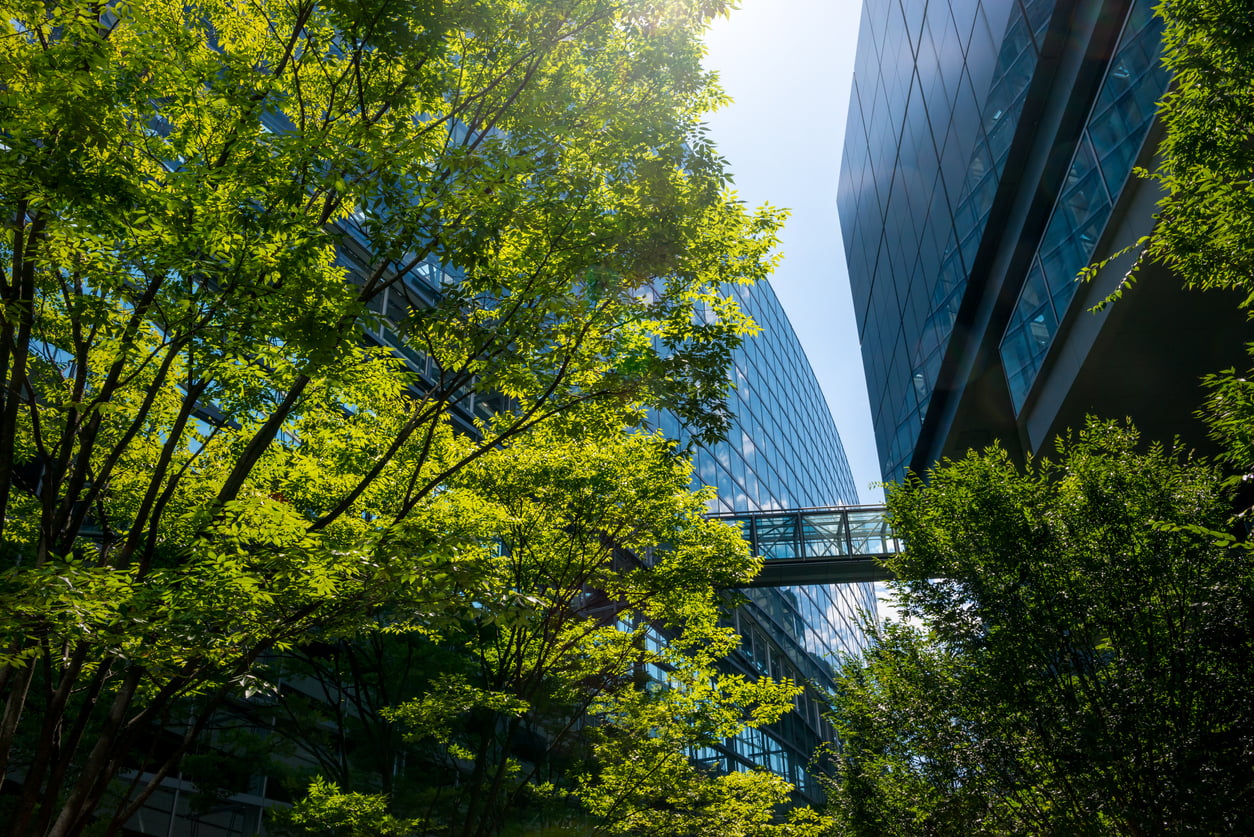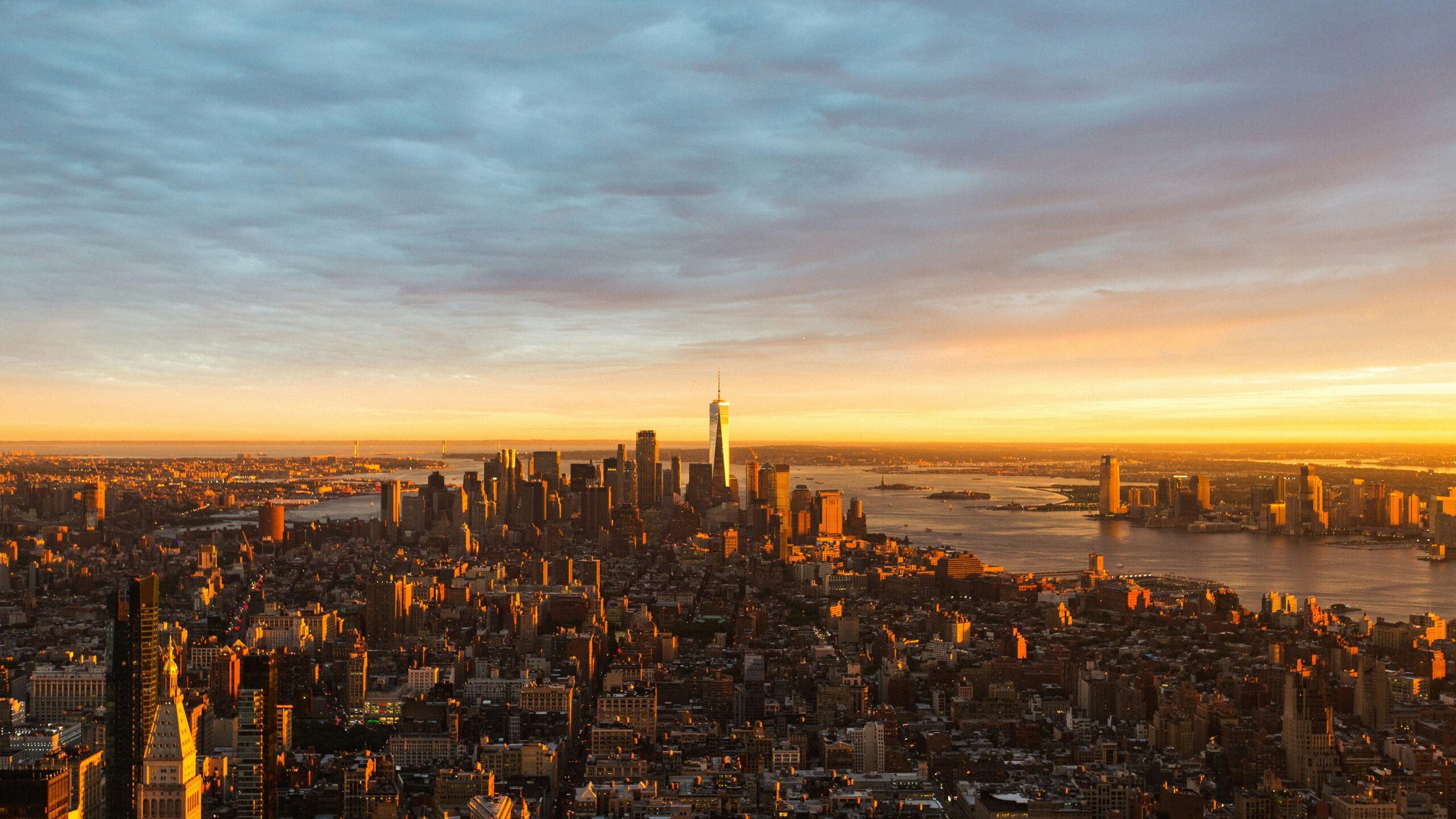Do you feel like you’re endlessly searching for answers when it comes to Local Law 97 (LL97)? From new legislation requirements to business owners demanding more time, it can feel overwhelming to stay up-to-date with which deadlines and regulations apply to you.
LL97 is an environmental law created to limit New York City’s carbon emissions by decarbonizing its buildings. Specifically, the city is enforcing this legislation to meet its 2050 carbon neutral goal. Most buildings over 25,000 square feet will be required to make changes starting in 2024 – with stricter limits in the coming years.
With serious penalties in place for those who fail to meet LL97’s targets, you don’t want to misinterpret what’s expected of you. Additionally, making strides towards limiting emissions takes years to accomplish, so you have to start strategizing your decarbonization journey today.
Continue reading our Local Law 97 summary to get a clearer understanding of what you can expect in the coming years.
Local Law 97 Summary
Passed by the City Council in April 2019, Local Law 97 was enacted to follow targets set out in the Paris Agreement.
Specifically, the city’s goal is to reduce emissions produced by NYC’s largest buildings by 40% in 2030 and by 80% by 2050.
While there are some exceptions, LL97 emission reductions goals will apply if your building falls under the following criteria:
- Covered buildings that exceed 25,000 gross square feet
- Two or more buildings on the same tax lot that together exceed 50,000 square feet
- Two or more condominium buildings governed by the same board of managers and that together exceed 50,000 sqft
Regulations & Penalties: 2025 & 2030

Regulations
Starting as soon as May 1, 2025, and continuing every year onward, an annual compliance report is due for most covered buildings. This report must have verification by a registered design professional prior to submission.
This report will reflect the results for the previous calendar year — for example, your emissions from 2024 will be reviewed in May 2025. You will state that your building is either:
- In compliance with the emissions limits for that timeframe
- Not in compliance, along with the amount by which such building exceeds the limit
Penalties
The city is taking penalties very seriously and will fine your building for various violations. Here is a look at LL97 financial penalties, which are put in place as soon as 2025:
- Failure to submit the report by May 1st: $0.50 per square foot per month that the violation is not corrected within the 12 months following the reporting deadline
- Exceeding the carbon limit: $268 for each metric ton of CO2 over the limit
- Falsifying the statement: up to $500,000 and is considered a misdemeanor
Decarbonizing Starts Now
Meeting decarbonization goals takes planning. And if you wait another year to take on this beast, you could risk being fined for various penalties.
Because there are various methods to decarbonize your portfolio and significant changes needing to be made, you need to take advantage of the little time you have to educate yourself on options, select the best path, and start reducing your carbon footprint.
If you’d like to learn more about how to get started on your decarbonization journey, receive a custom decarbonization plan by filling out the form below.







